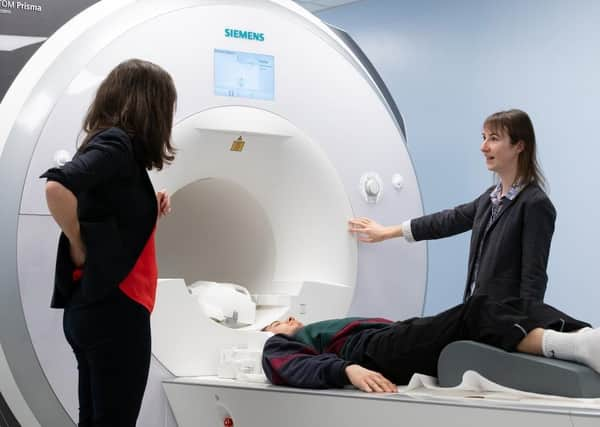Call for Brighton and Hove businesses to take part in four day week study


That is what a new research project run by academics at The University of Sussex is seeking to understand.
The idea of a four-day week is gaining traction around the world and has been trialled by a number of businesses – including Microsoft in Japan and Unilever in New Zealand.
Advertisement
Hide AdAdvertisement
Hide AdCloser to home, the SNP has promised to launch a £10m fund to allow companies in Scotland to pilot the transition to a four-day working week.
A UK-wide poll for the thinktank Autonomy held in July last year found that 63 per cent of people supported the government exploring the idea.
While previous studies into the four day week have tended to look at the benefit to employers, Dr Charlotte Rae – who is leading the project at the University of Sussex – said her team would focus on the impact on employees.
“I felt that there was a bit of a knowledge gap in what was happening for individual workers themselves,” she said.
Advertisement
Hide AdAdvertisement
Hide Ad“There is some evidence that your work-life balance and wellbeing improves.
“But we don’t know exactly what’s going on in terms of biology.”
She added: “My hope is that we are going to provide biological evidence to show a four day week works.”
Local business are being invited to sign up for the project, which will involve trialling a four day week at their company for a period of 12 weeks.
Advertisement
Hide AdAdvertisement
Hide AdDuring that time, Dr Rae and her team will take blood tests and brain scans of participants to see what impact it is having on them.
They will be looking for changes in levels of cytokines – markers of inflammation found in the blood which can ‘ramp up’ when you are stressed, and are known to be risk factors for conditions like depression and dementia.
Dr Rae said she was expecting to see a decrease in cytokines: “Because we expect people to be less stressed.”
The brain scans, which will include fMRIs, will look at patterns of brain activity and the operation of brain networks – which are expected to become ‘better integrated’ as a result of the change to people’s lifestyles.
Advertisement
Hide AdAdvertisement
Hide AdThe study will also look at what changes take place in the workplace, by asking participants to fill in a ‘time-use’ diary or using screen-time apps.
Dr Rae and her team are currently looking for businesses in Brighton and Hove and wider Sussex to sign up for the study – which is expected to run next year.
Any office-based companies are invited to take part, by putting forward their entire workforce or just some employees.
Dr Rae hopes the findings of the study will add weight to the growing arguments for a four day week, showing why it can so effective and how reducing our working hours can improve mental health and reduce the risk of conditions like dementia.
Advertisement
Hide AdAdvertisement
Hide Ad“Brain scan evidence is pretty hard to argue with,” she said.
“It’s win, win, win for all of us – for employers, for employees and for society.
“We will all be happier, healthier and more productive – what’s not to like about that?”
Anyone interested in taking part in the study can contact Dr Rae at [email protected]